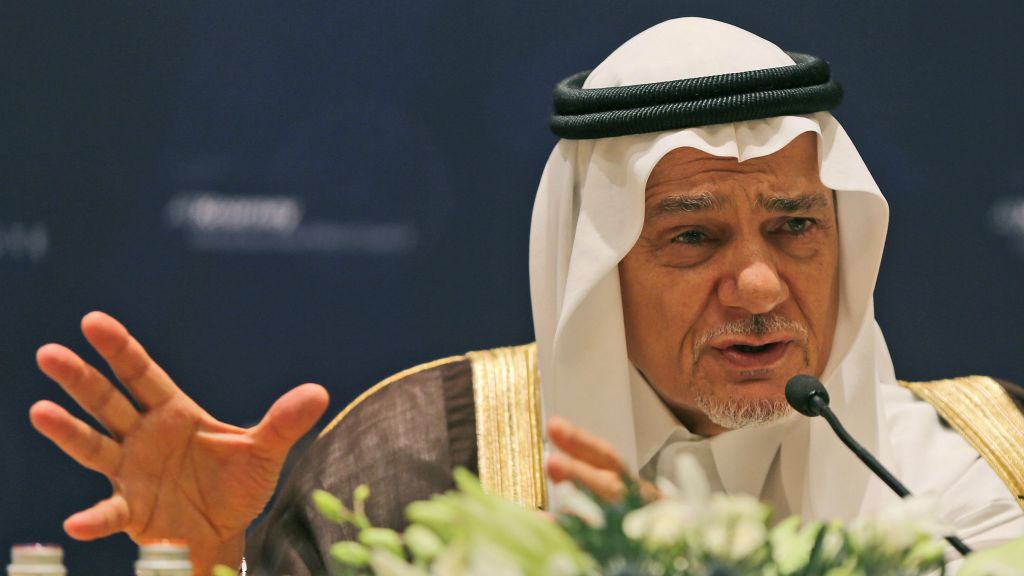Special to WorldTribune.com
by Dr. Jack Caravelli, Geostrategy-Direct
Last week a Geostrategy-Direct editor was in Riyadh to discuss U.S.-Saudi relations, including the implications of Donald Trump’s election for the future of those relations.
The meetings were hosted at the King Faisal Center, the leading research center in Saudi Arabia which is directed by Prince Turki al Faisal, former ambassador to the United States and long-time director of the Saudi intelligence service.

During a heavily attended evening presentation on a region in turmoil, the view was advanced that events in Syria, Iraq, Iran and Yemen could be characterized as the forces of instability and chaos confronting the forces of stability and order.
Recalling the long history of bilateral U.S.-Saudi cooperation, dating to the administration of Franklin Roosevelt, the editor added that under the Obama administration the relationship had frayed.
For their part, various members of Saudi royalty and other officials expressed wholehearted agreement. One Saudi prince remarked that Obama’s outreach to the Muslim world as reflected in his 2009 Cairo speech never was translated into sustained policy actions or initiatives.
In particular, Saudi officials see little prospect of any future moderation in Iranian foreign policy toward Syria and Yemen. Iran’s use of proxies such as Hizbullah continues to receive considerable attention.
In contrast, cautious optimism was expressed by Saudi commentators, including Prince Turki, for a reorientation of U.S. policy under Donald Trump. Senior Saudis are very well informed about U.S. politics — many are regular visitors to the United States — and are heartened that Trump plans to include in his administration senior military officials such as retired Generals James Mattis and Michael Flynn.
In this regard, Saudi officials also expressed the hope that the incoming U.S. administration would seek to limit or contain Russia’s growing influence in the region which one Saudi prince described as “disturbing.”
Beyond security issues, Saudi Arabia remains a nation with both feet still planted in the past. Women are still denied the right to drive while anyone navigating the chaos of Riyadh’s traffic appreciates the value of good fortune in doing so unscathed.
Nonetheless, the capital Riyadh is being transformed slowly. To cope with Western-style traffic congestion a new subway system is being constructed for large parts of the city. Similarly, numerous construction projects that had been slowed because of financial pressures arising from depressed oil prices are set to be revived.
The Saudis also have a long-term strategic plan, titled Vision 2030. Commercial nuclear energy is at the centerpiece of the plan. As explained by one Saudi prince, the intention is to use nuclear power for domestic consumption so that oil, which costs about 25 cents a gallon and takes about 25 percent of Saudi production, can be sold in increasing quantities to foreign buyers.
Saudi Arabia appears by all external appearances to be calm but security in the capital is tight with every car approaching the major hotels, for example, stopped and checked for explosives. Their senior officials also value U.S. friendship but worry that numerous media reports of anti-Muslim sentiment in the United States and a new law that allows U.S. citizens to sue sponsors of terrorism will leave a permanent scar on ties to America.
